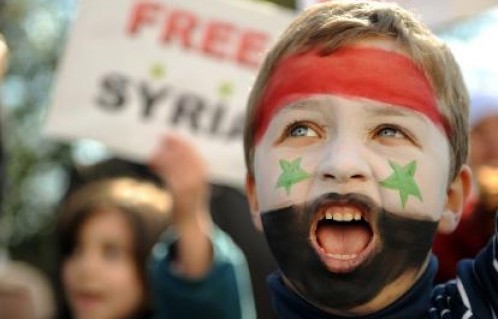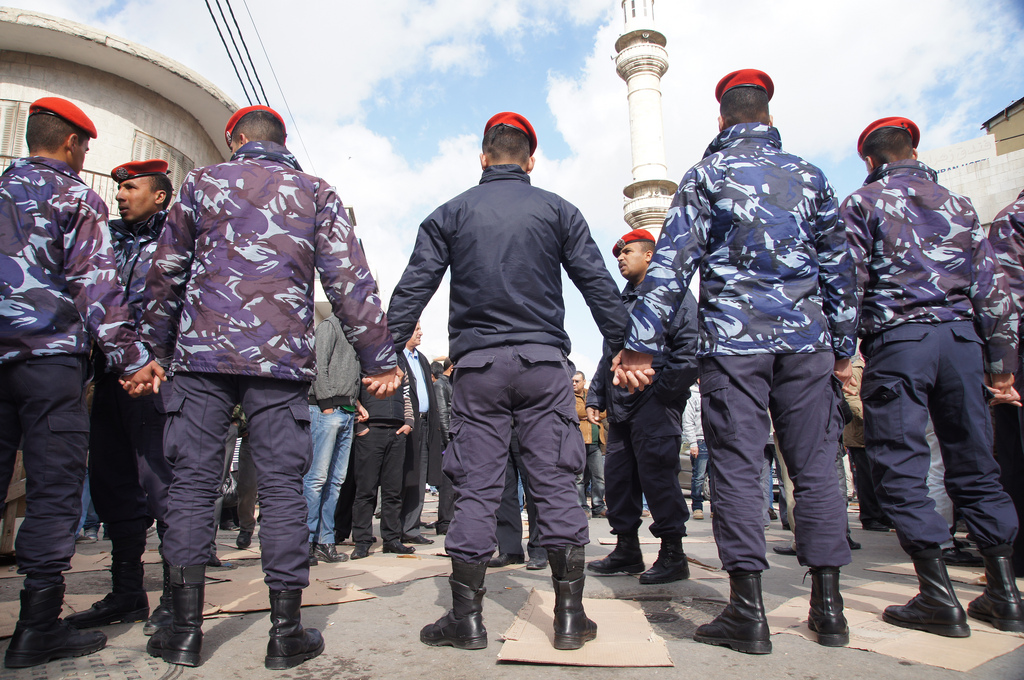
Seasons of the Arab Spring: A Review
On Thursday, January 22, the International Affairs Department hosted a panel discussion, “Seasons of the Arab Spring.” Contributors included Northeastern professors, Denis Sullivan, Valentine Moghadam, and Berna Turam. Visiting scholars Dr. Emily Curry and Shamiran Mako also participated in the panel. The discussion focused on five countries and their involvement in the Arab Spring: Egypt, […]
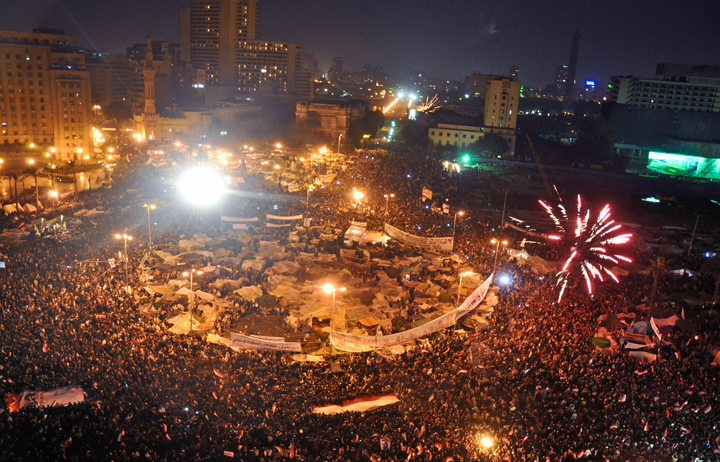
Military Politicization in the Arab Spring
The Arab Spring in Northern Africa and the Middle East is arguably the first widespread liberal democratic uprising in the history of the region. While nearly every country in this area of the world experienced backlash against the government in one form or another, the North African Arabian belt, specifically Egypt, Tunisia, Libya, and Algeria, […]
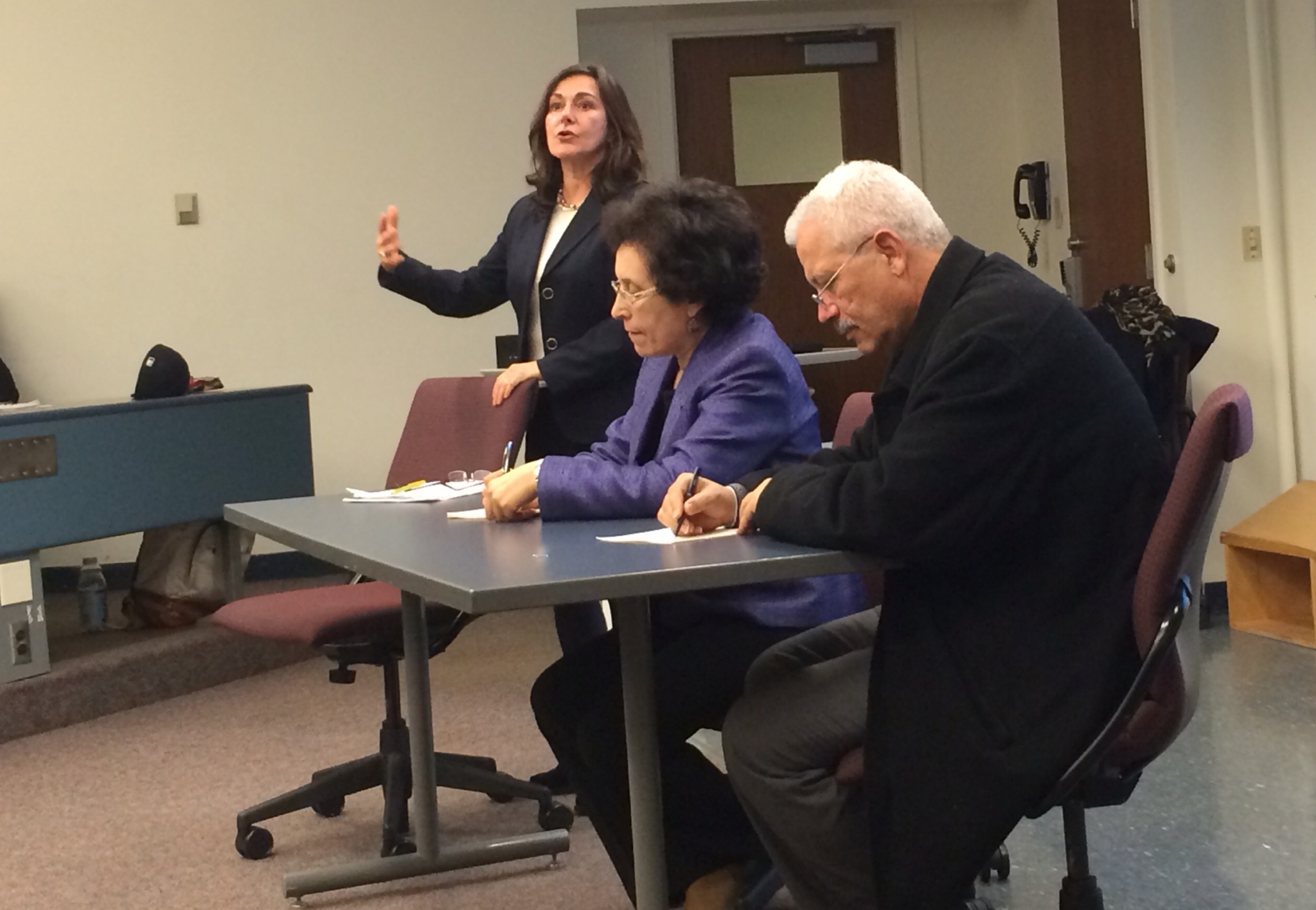
Progress Report: The Development of Democracy and the Evolving Role of Women in Post-Revolutionary North Africa
This Tuesday, the Center for International Affairs hosted a panel discussion on North Africa and the Arab Spring. In the aftermath of the Arab Spring, people worldwide are left wondering just how successful these North African revolutions were in achieving their core goals of establishing democracy, toppling authoritarian regimes, and promoting regional growth and […]
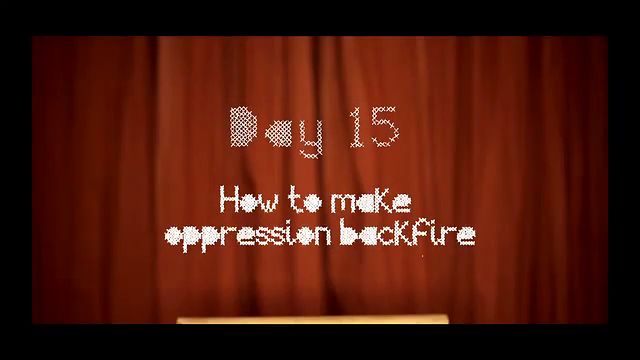
Making Oppression Backfire
Although Turkey, Egypt, Brazil, and Syria may not at first glance seem to have much in common politically, over the last few months they have been united by a current that has been growing stronger for decades. Most visibly manifested through mass protests, the phenomenon of nonviolent social change is much more than that, proven […]
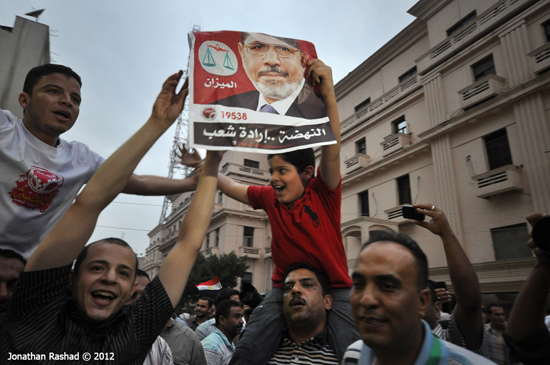
Rethinking Democratization: Authoritarian Reformism in Post-Revolutionary Egypt
On February 11, 2011, President Hosni Mubarak of Egypt resigned after almost thirty years in office. The culmination of eighteen days of protest and demonstration across Egypt, this resignation brought an end to an age of authoritarianism and inspired hope for a new era of democracy, egalitarianism, and economic prosperity. Parliamentary elections were scheduled for […]
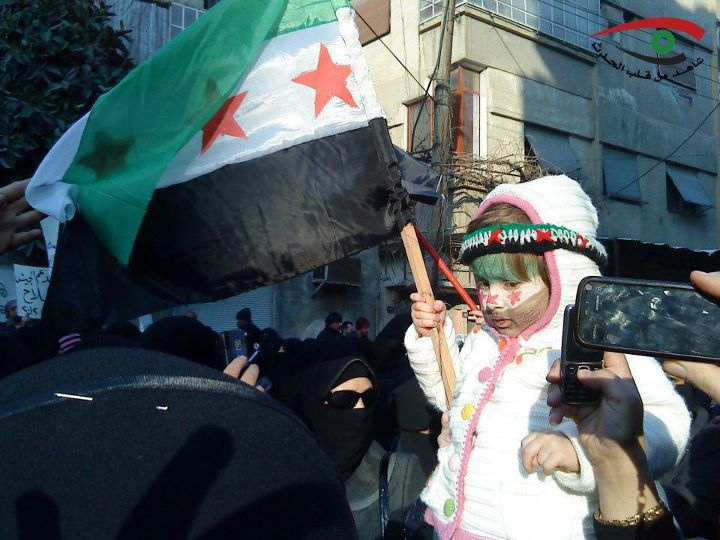
Ethnic Complexities of the Syrian Conflict
Despite starting out relatively peacefully, the conflict in Syria has escalated into civil war with over 10,000 civilians massacred by both government and anti-government forces alike. International debates over intervention have dominated the UN Security Council for months with the United States, United Kingdom, and their allies pushing to oust President Bashar al-Assad via NATO […]
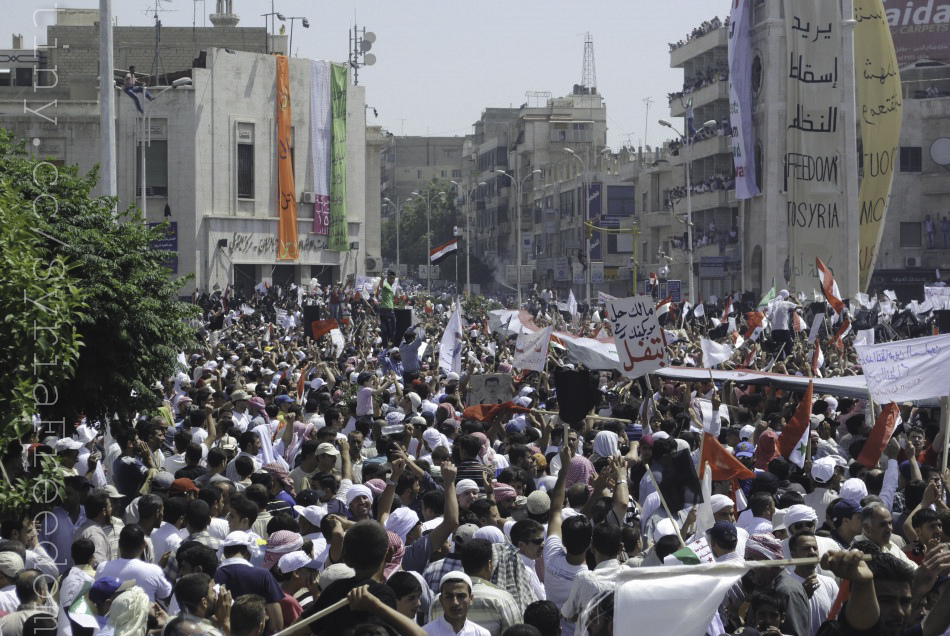
An Un-United Nations: How the International Body Is Failing the Syrian People
The deterioration of the human condition through violence mars history. Crimes such as slavery, forced deportation, and genocide have extinguished and defined populations. Unfortunately, crimes against humanity are not exclusive to ancestral pasts; humanity continuously faces grave challenges. During the first ten days of December 2011, one thousand Syrians lost their lives to political persecution. […]
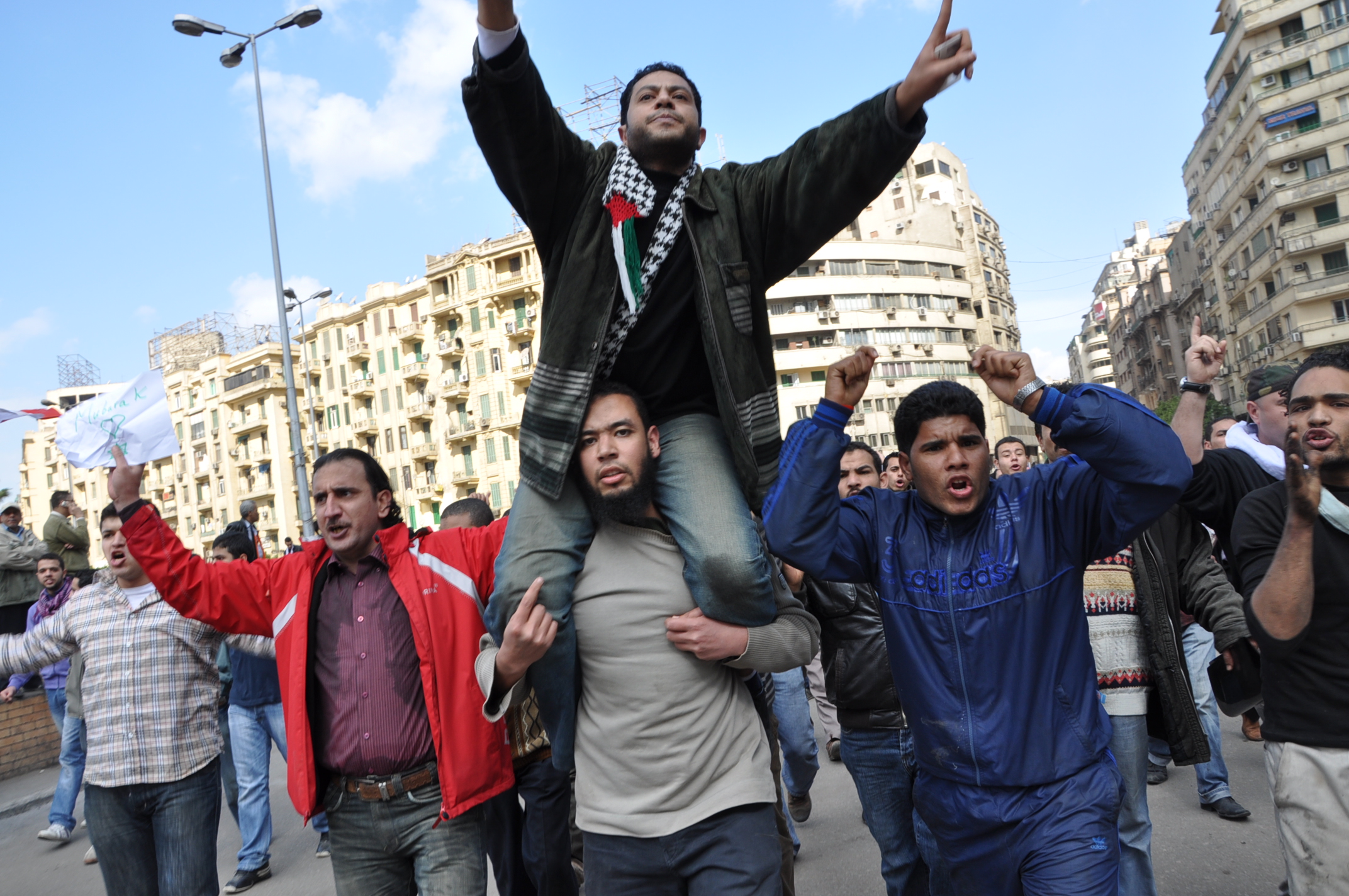
Film Review: We Are Egypt
Three months ago, the political conflict in Egypt appeared on people’s radars. The social and political turmoil that erupted in January 2011 was unexpected to say the least, and took its rightful place on the front page of every major media outlet around the world. Hearts went out to the struggling nation. Every outcry was […]
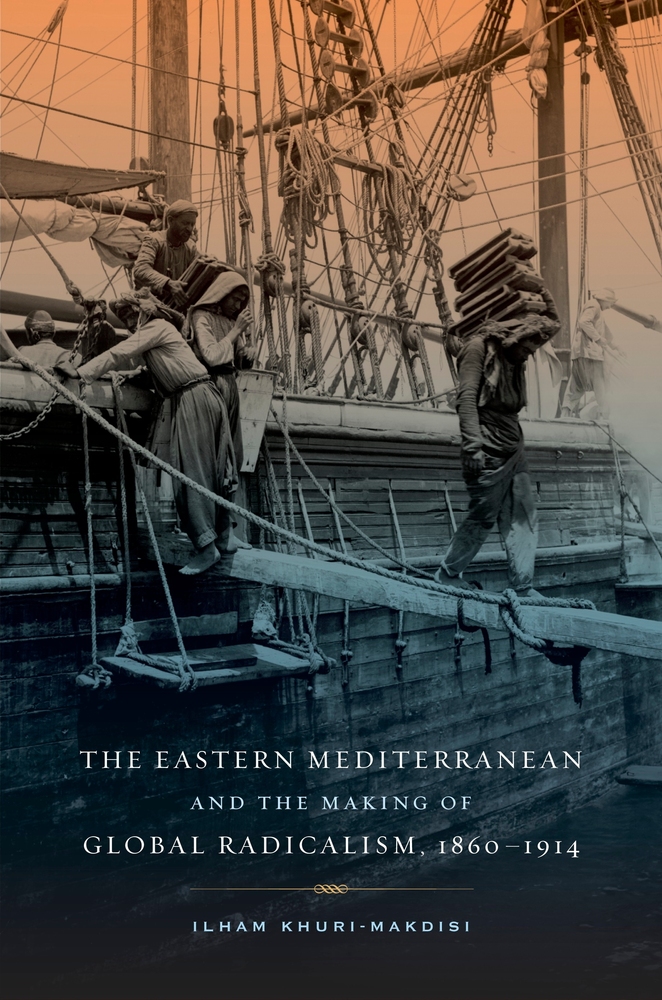
Rereading The Eastern Mediterranean and the Making of Global Radicalism, 1860-1914: The Mobilization of Radical Ideologies in the Arab World
Northeastern University’s own Ilham Khuri Makdisi published the groundbreaking work The Eastern Mediterranean and the Making of Global Radicalism, 1860-1914 last April, less than a year before the international community rested its gaze on the rapid ideological revolution and protest movement that has swept the region in the last few months. Rereading Khuri-Makdisi’s work in […]

